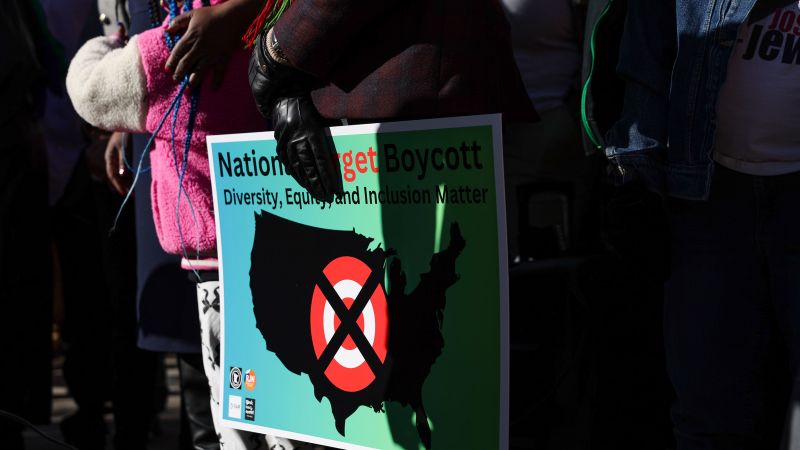In recent times, numerous companies have found themselves at a crossroads, increasingly alerting investors to the possible repercussions of consumer backlash. This trend underscores the current volatility consumers present to corporate America as businesses navigate the fraught political landscape. Big retailers including Walmart, Target, Home Depot, and Constellation Brands, the owner of Corona, have particularly noted in their annual regulatory filings the challenges stemming from their diversity, equity, and inclusion (DEI) strategies alongside environmental, social, and governance (ESG) initiatives. Such disclosures illustrate a growing awareness that these factors can impact their operational and financial viability. Notably, the companies are also warning of potential risks associated with the diminishment of these programs as they begin to attract heightened scrutiny from both consumers and investors.
Traditionally, businesses have raised concerns about a range of established risks such as economic downturns, cybersecurity breaches, natural disasters, and shifts in tax norms. However, a new layer of complexity is arising as corporations expand their risk assessments to include the contentious political divides surrounding corporate policies aimed at promoting diversity, LGBTQ rights, and environmental sustainability. According to researchers focused on corporate governance and risk management, this evolving landscape reflects the stark realities companies now face, where any perceived misstep can trigger a backlash from consumers on various ideological fronts.
Kristen Jaconi, director of the Peter Arkley Institute for Risk Management at the University of Southern California, characterizes the situation as a “Catch-22.” She points out that businesses are caught between consumer expectations: alienating one group can provoke dissatisfaction from another. This precarious balancing act is especially pertinent in light of recent high-profile consumer boycotts directed at brands such as Bud Light, Tesla, and Target, which have faced activist pushback based on their DEI stances or product offerings.
Matteo Tonello, head of benchmarking and analytics at The Conference Board, emphasizes that the intensifying dialogue around DEI and climate issues has prompted organizations to include related risk disclosures, recognizing the potential for negative publicity and legal challenges. Many corporations, including Walmart, have publicly acknowledged the growing division in public opinion regarding issues of DEI and climate change. For example, Walmart’s 2023 annual report stated that these DEI initiatives are increasingly subject to scrutiny, which can significantly impact reputational standing and even lead to boycotts.
Target also highlighted the conflicting sentiments present among shareholders and consumers regarding its products, policies, and initiatives during its annual report. The corporation faced substantial consumer backlash after it withdrew certain diversity programs and merchandise linked to the LGBTQ community, particularly evident during Pride Month 2023. This backlash resulted in reduced sales and lawsuits from conservative legal groups. Moreover, Target admitted that its struggle to meet mixed expectations led to unfavorable publicity affecting its image.
Furthermore, many companies, including Kroger and Abercrombie & Fitch, have indicated that partisan legal challenges from right-leaning groups pose a significant risk to their business operations. They note that evolving investor perspectives and changes in the governmental landscape create further obstacles to achieving sustainability goals, which in turn can lead to increased criticism. PVH Corp, which owns well-known brands like Calvin Klein and Tommy Hilfiger, also expressed concerns in its recent filings regarding negative responses stemming from legislation or consumer boycotts.
The atmosphere of consumer activism has shifted, with companies now proactively anticipating boycotts instead of reacting post-factum. Lawrence Glickman, a historian at Cornell University, points out that historically, businesses have often been caught off guard by boycotts; however, the frequency and impact of recent actions have made companies wary. This climate, driven by social media amplification, addresses the profound reality that corporate stances on social issues can lead to significant volatility in consumer behaviors, prompting a re-evaluation of risk management strategies across the corporate landscape. As brands navigate this uncertain terrain, they face the dual challenge of maintaining their values while also preserving their market position amid polarized public sentiment.











